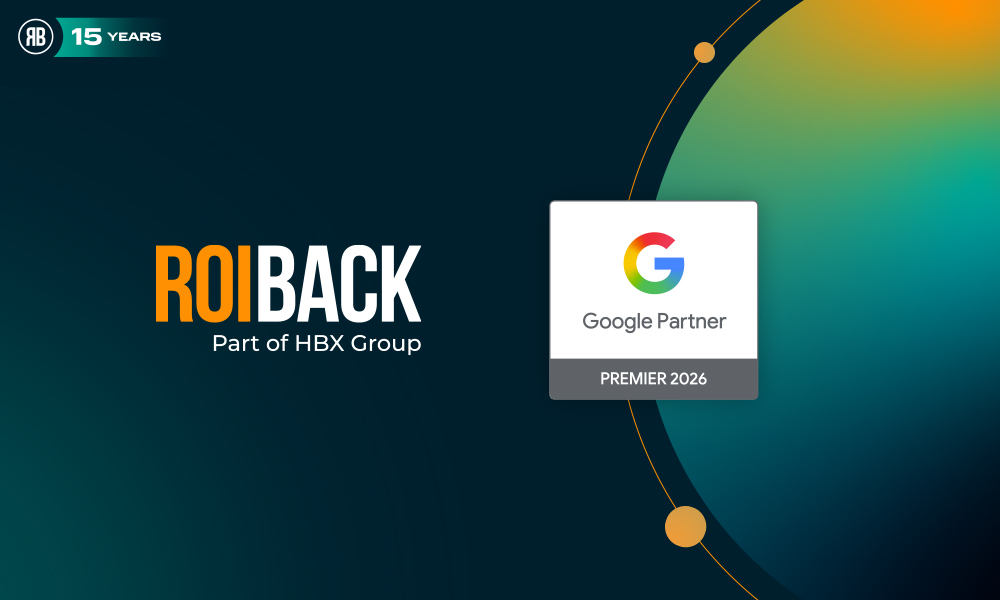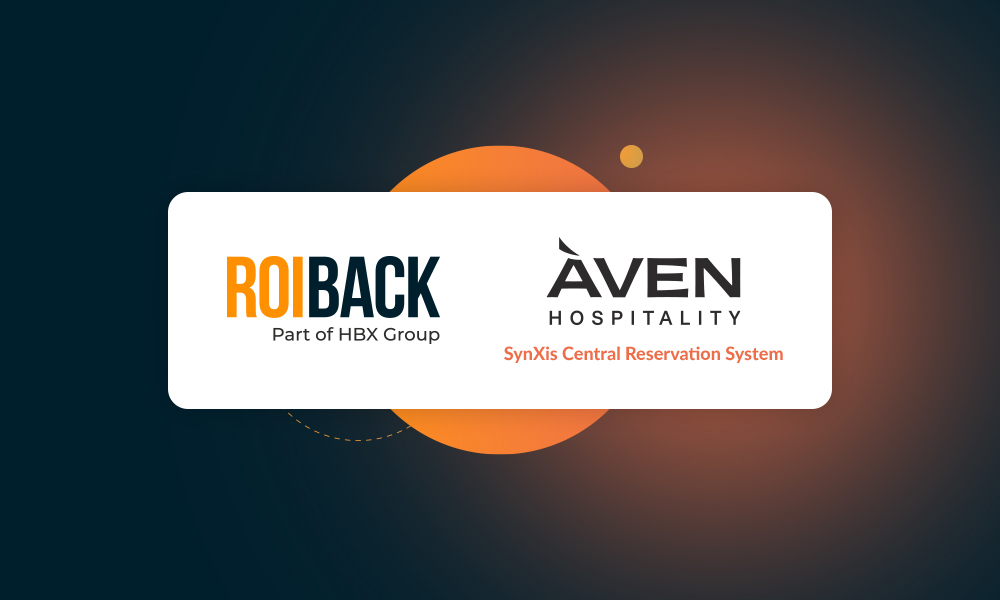AI transforms the search experience in the hotel industry
News
August 29, 2023

In recent months, there has been growing unrest regarding the incursion of artificial intelligence into search engine results pages, especially in the hotel sector. Although it is too early to definitively state how the implementation of AI will affect the results pages, we can already glimpse how this technology will influence the hotel industry.
This change comes as a result of Google's efforts to introduce its AI language model, Bard, and its generative search experience initiative, known as Search Generative Experience (SGE). It is speculated that this new form of search could revolutionize the way users interact with search results.

The concept of Search Generative Experience (SGE)
The concept of SGE, which Google is seeking to implement, marks a milestone in the evolution of search engine results pages.
SGE proposes a search experience in which answers and results are generated by artificial intelligence systems. Essentially, it is a redesign of the conventional search experience in which the results and their presentation will be different from what users are used to.
This SGE approach opens a new chapter in which priority is given to presenting responses generated by Google's own ecosystem, relegating third-party sources to the background. With this, both the "Knowledge Panel" and the "Local Pack" become relevant, replacing the traditional "10 blue links" in the search results.
A look at the preliminary changes
Although these changes are still in an initial phase and are not clickable, preliminary images have been presented that provide an idea of what the new search results interface could look like:
- Expansion of the "Local Pack": SGE introduces the possibility of showing up to five results in the "Local Pack", which highlights the importance of local SEO and Google My Business optimization for hotels.
Before:

How it could be:

Each entry also includes a short snippet of text that briefly describes the hotel. There is also a link to images in the upper right corner that link to SGE information sources. These sources are a mixture of OTAs, travel websites and official hotel websites.
After clicking on a property, either in the list on the left or through a pin on the map, the property's Google Business Profile appears with all the information you would expect from a hotel profile on Google.
In the GHA section, sponsored ads were conspicuously absent, with only organic links appearing (All options). However, this could simply be because it's a BETA version, and Google is still experimenting with how to incorporate hotel price ads with SGE.
The most curious thing about this, keeping in mind that these are just experiments, is that Google continues to display the usual 3 ads from the Local Pack:

- Inspirational Question Snippets: The incorporation of inspirational question snippets, similar to the "People Also Ask" feature, encourages the exploration of AI-generated responses and a more enriching experience for users.

- Varied Results Designs: Preliminary designs present result options with potential variations, including hotel listings and OTA ads.

- Interaction with AI Results: The ability to turn a query into an AI-generated result via a button is introduced. Clicking it unfolds an expanded description that includes reviews, images, ads, and more questions.


Implications
These changes could have a crucial impact on traffic and results for both SEO and metasearch engines, depending on how Google implements these transformations. Some of the conclusions and potential practical implications include:
- Changes in visibility and traffic: At first glance, the changes may affect the visibility and traffic of hotels on the results pages. The search experience seems less transactional and more focused on presenting AI-generated information.
- Strengthened local SEO: Google My Business management and local SEO become even more critical. The "Local Pack" could show more results (up to five), and Google Travel's visibility could increase, displacing traditional organic results.
- Prioritization of informational resources: Google seems to favor its own ecosystem by introducing informational and navigational resources that divert users' attention toward direct channel options.
- Challenges for OTAs: OTAs will need to increase their visibility through ads on metasearch engines, as the designs suggest a lower prominence of conventional ads.
- Changes in CTR and SEO: The current CTR of organic results may decrease, and the prioritization of Google ecosystem formats could change how traditional SEO is approached.
Conclusion
The arrival of artificial intelligence on search engine results pages, through Google's SGE initiative, is shaping a new horizon in the hotel industry and beyond. Although the changes are preliminary and could evolve, it is undeniable that AI will transform the way hotels interact with search results. This paradigm shift poses challenges and opportunities for marketing professionals and the industry in general.
Adapting to this new era of AI-generated search will be essential to maintaining relevance and success in a constantly evolving environment. We have some very interesting months of waiting ahead to see what final decisions Google makes regarding SGE and how it ends up implementing the changes. We will be attentive!
Read more

News
Roiback is once again a Google Premier Partner in 2026: what this means for your hotel and why it matters more than ever
By
Roiback

News
Waste in hospitality: from operational control to circular strategy
By
Roiback

News
Roiback obtains SynXis CRS integration certification to strengthen direct channel in large hotel organizations
By
Roiback




